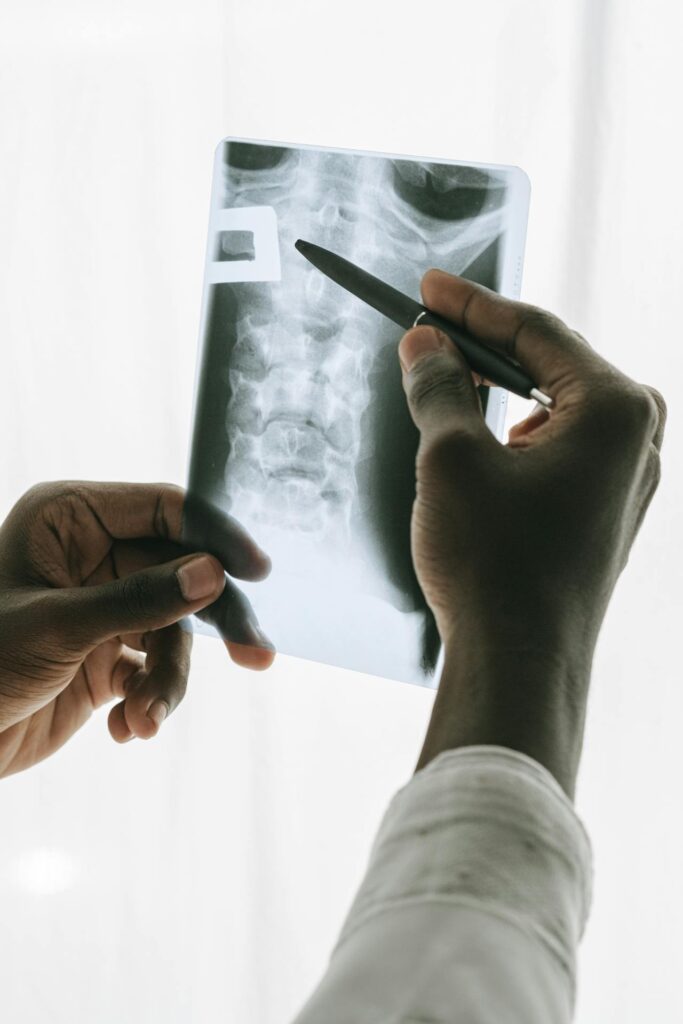The Future of Heart Transplants: Dr. Zachary Solomon’s Vision
- Comments Off on The Future of Heart Transplants: Dr. Zachary Solomon’s Vision
- Service

Heart transplantation has long been a beacon of hope for patients with end-stage heart failure, offering a life-saving opportunity for those who have exhausted all other options. Dr Zachary Solomon Philadelphia, a leading cardiothoracic surgeon, is at the forefront of heart transplant advancements, working tirelessly to improve outcomes and redefine the future of this life-saving procedure. His vision for the future of heart transplants centers on innovation, better patient care, and broader access to life-saving treatment.
Advancements in Technology and Surgical Techniques
Dr. Solomon envisions a future where heart transplants are even safer and more efficient, thanks to ongoing advancements in technology and surgical techniques. One key area he focuses on is the role of robotics in cardiac surgery. Robotic-assisted surgeries offer unparalleled precision, enabling surgeons to perform complex procedures with greater accuracy and smaller incisions, which leads to faster recovery times and less pain for patients.
“Robotics and minimally invasive techniques are transforming how we approach heart surgery,” Dr. Solomon says. “By refining these techniques, we can reduce complications, improve recovery times, and ultimately offer better outcomes for patients.”
In addition to robotic surgery, Dr. Solomon is optimistic about the role of 3D printing and imaging technology in heart transplants. With 3D models of the heart, surgeons can plan and rehearse surgeries before performing them, ensuring a more accurate and tailored approach during the actual procedure.
Artificial Hearts and Bioengineering
As the demand for donor hearts continues to outpace supply, Dr. Solomon is particularly excited about the potential of artificial hearts and bioengineering to bridge the gap. For patients who are ineligible for a heart transplant or are awaiting a donor heart, Dr Zachary Solomon Philadelphia sees artificial hearts as a viable solution.
“We are entering an era where artificial hearts and mechanical circulatory support devices can sustain patients for longer periods, providing them with more time to wait for a suitable donor,” he explains. “These devices can help reduce the number of patients who die while on the transplant waiting list.”
Bioengineering is also making strides in the development of bioengineered hearts—organs that could be created using a patient’s own cells, thus reducing the risk of rejection. Though still in the early stages of research, Dr. Solomon believes these innovations hold the potential to revolutionize heart transplants in the coming years.
Improved Immunosuppressive Therapy
One of the challenges faced by heart transplant patients is the need for lifelong immunosuppressive medication to prevent organ rejection. While these medications are necessary, they come with significant side effects, including increased vulnerability to infections and potential damage to other organs. Dr Zachary Solomon Philadelphia vision for the future includes the development of more targeted immunosuppressive therapies that can minimize these side effects while still effectively preventing rejection.
“We’re exploring ways to create more personalized immunosuppressive regimens that work with each patient’s unique immune system,” says Dr. Solomon. “This could help reduce the negative impact of these medications and improve long-term health outcomes for transplant recipients.”
Expanding Access to Heart Transplantation
Beyond the technological and medical advancements, Dr. Solomon is also focused on improving access to heart transplantation, especially for underserved populations. Despite the growing number of heart failure patients in need of a transplant, many individuals—especially those in low-income or rural areas—face significant barriers to care.
Dr. Solomon advocates for expanded healthcare policies and better distribution systems to ensure that heart transplants are available to a broader population. “We need to focus on creating more equitable access to this life-saving treatment,” he says. “This includes improving the donor organ supply, optimizing organ distribution, and ensuring that all patients, regardless of their socioeconomic status, have an equal chance at receiving a heart transplant.”
A Bright Future for Heart Transplant Patients
The future of heart transplantation, according to Dr. Zachary Solomon, is filled with hope and possibility. With advancements in technology, artificial hearts, bioengineering, and immunosuppressive therapies, the field is poised to deliver even better outcomes for patients. As Dr. Solomon continues to innovate in the field, his vision promises a future where heart transplants are safer, more accessible, and more effective than ever before, offering new hope to countless patients in need of a life-saving procedure.
Tags: Dr Zachary Solomon




